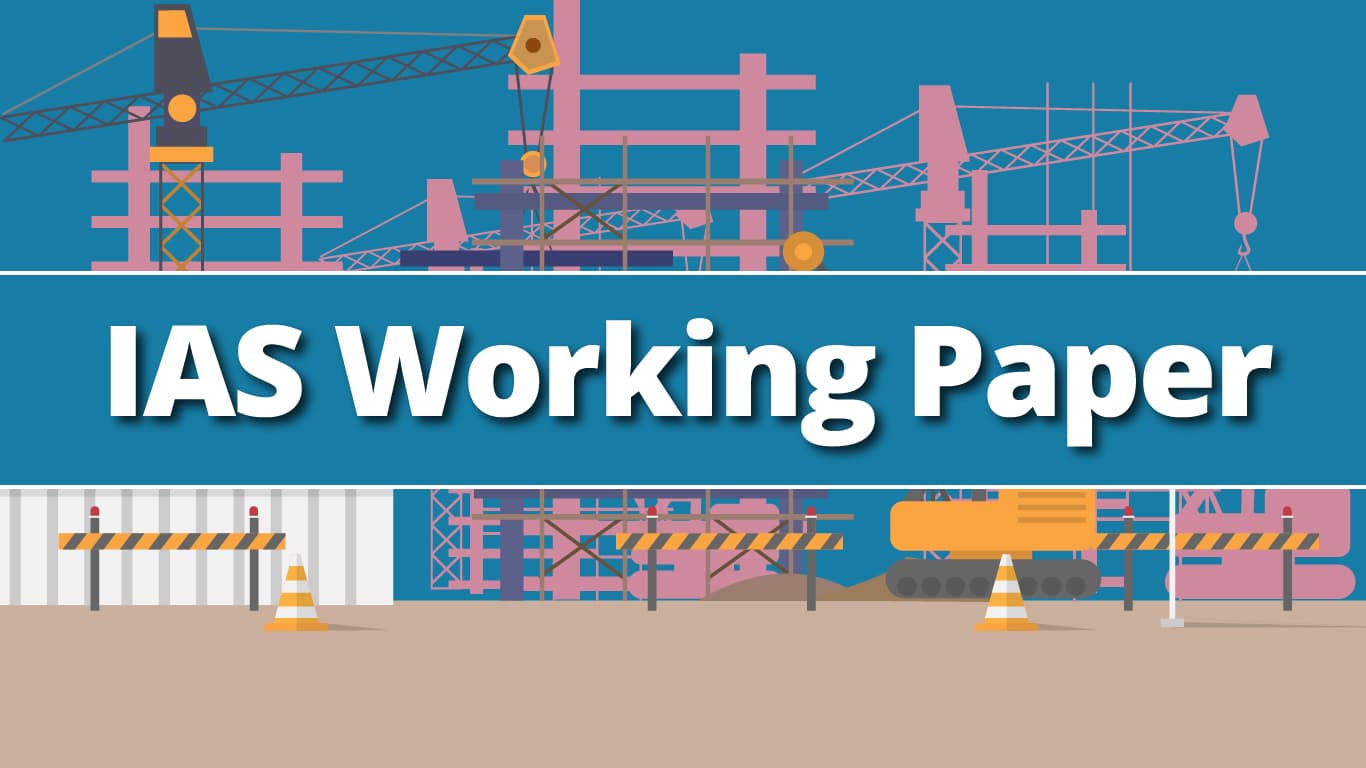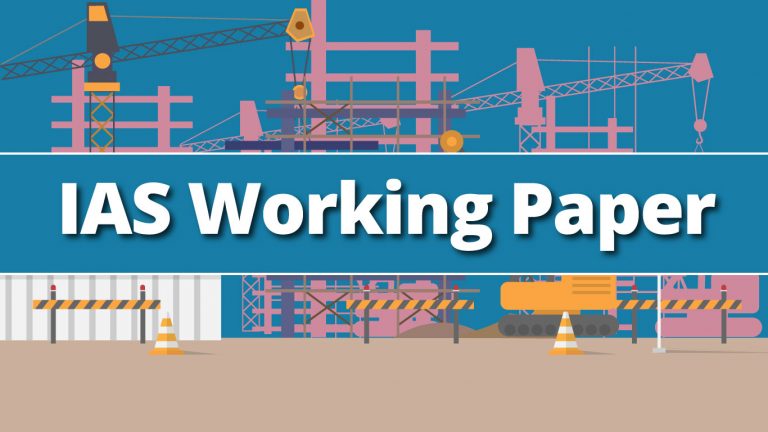The Institute of Asian Studies at Universiti Brunei Darussalam is pleased to announce the publication of IAS Working Paper No 77: Precarity Matters: Conceptual Travails in Southeast Asia by Paul J. Carnegie.
Please see below for details.
Abstract: Marginality, vulnerability and disadvantage are key concerns of the social sciences. Nevertheless, state-business-investment agendas, policies, and practices in Southeast Asia regularly downplay these issues.
This paper examines the applicability of a precarity framework for deciphering the forces, processes, and interests shaping contemporary forms of jeopardy in the region. Using a selection of illustrative examples, it demonstrates that conceptualising precarity enhances the efficacy and scope of research on everyday marginality, disenfranchisement, and inequality.
By focusing on the interplay of political, economic, social, and psychological factors, the precarity lens provides a nuanced and comprehensive understanding of current vulnerabilities and insecurities in Southeast Asia.
Paul J. Carnegie is Associate Professor of Political Science at the Institute of Asian Studies, Universiti Brunei Darussalam. He has diverse interdisciplinary interests in the politics, sociology and history of Southeast Asia with an enduring focus on Indonesia.
Paul has published widely in his fields including the monograph The Road from Authoritarianism to Democratization in Indonesia (Palgrave Macmillan), the edited volumes Human Insecurities in Southeast Asia and (Re)presenting Brunei Darussalam: A Sociology of the Everyday (both Springer) alongside research output in leading international journals such as Pacific Affairs, Australian Journal of Politics and History, Journal of Population Research and Australian Journal of International Affairs. He is also a section editor for the Palgrave Handbook of Ethnicity.
Paul has extensive applied research experience and networks having lived and worked previously in Australia, Brunei Darussalam, Egypt, Fiji, Indonesia, and the United Arab Emirates.
To see more IAS Working Papers, please visit the IAS Working Papers web page.



